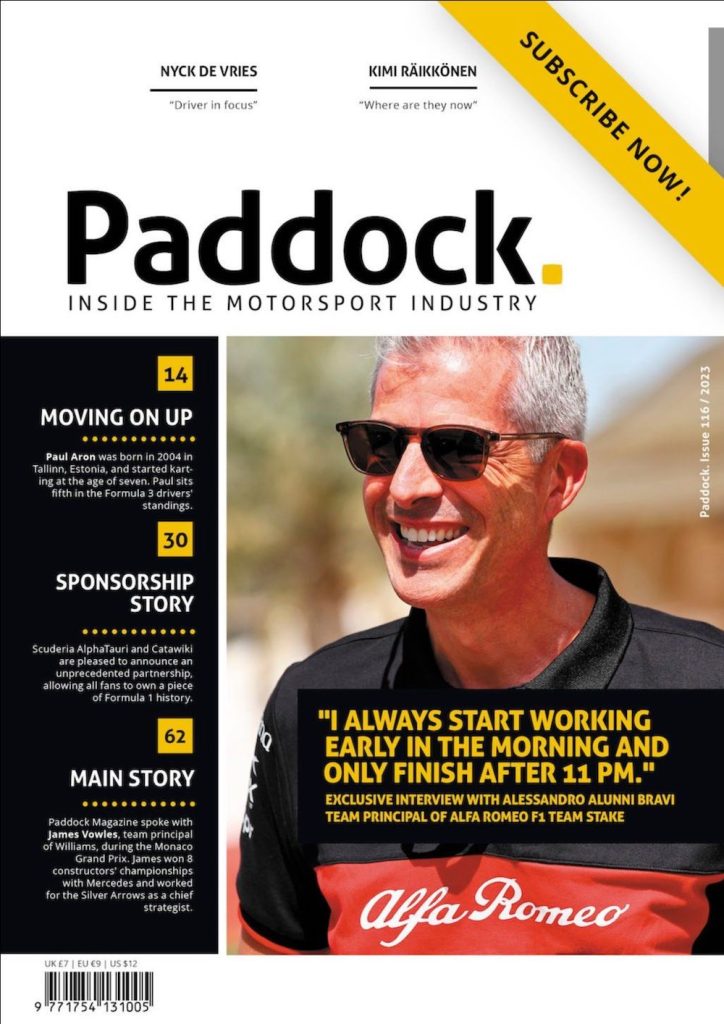One of our most dedicated and liked contributors, Stephen Camp is a motorsport writer and blogger, always keeping things sharp with solid curiosity and motivation to deliver interesting Formula 1 material. This time we’ve decided to point the spotlight at Stephen and ask him a few relevant questions about the current situation of the sport and also about the secrets of Formula 1 writing.
Stephen, what catches your own eye in terms of good written Formula 1 commentary?
Well, good Formula 1 texts have to be able to bring a story to life. Many can write any old piece and just lay down the facts of what happened. But it’s all about capturing the moment, telling it in such a way that it gives the reader enjoyment and entertainment while going through the piece, while Formula 1 has not often been as capturing to the consumer as it has been in recent years for well-documented reasons, to be able to capture whatever it is that does happen is now ever more vital to the writer to keep bringing that excitement to the fans.
The sport’s near future in how it operates and presents itself commercially with the teams, circuits and fans is one that will no doubt reshape Formula 1’s image completely.
So what’s the best advice you could get as a Formula 1 writer?
It’s definitely an old cliché, but it’s “you can’t give up”. The field of motorsports journalism is pretty cut-throat and it’s not the most forgiving of businesses as there are so many willing bloggers and writers wishing to break into their respective sports. Yet I’m proof that even two and a half years from when I started my own blog, to be producing work for Paddock magazine and working for the Read Motorsport website has shown me how far I’ve come already.
To anyone who wishes to pursue this field, I highly recommend it: it’s a thrilling experience and you can meet the most amazing of people in the industry.
What are you personally most looking forward to within the sport’s near future?
There are certainly many things, but the most I would have to say is the Liberty Media Group’s “handling” of the sport. With Bernie Ecclestone out of the picture, the sport’s near future in how it operates and presents itself commercially with the teams, circuits and fans is one that will no doubt reshape Formula 1’s image completely.
The field of motorsports journalism is pretty cut-throat and it’s not the most forgiving of businesses.
Bernie Ecclestone was the one who usually generated Formula 1 headlines. In your opinion, who might end up at the centre of attention now?
Perhaps it would be best if it was a combination of three professionals, with Bernie’s role effectively split three ways between Chase Carey, Ross Brawn and Sean Bratches.
I feel Brawn could be taking a fair few of the headlines as he is quite popular in the paddock and amongst the fans, it is not clear what his main job is yet, but I suspect it is to manage the sporting side of the business, working with the teams between the Formula 1 group and the FIA.
Carey himself has come across very confidently in his recent interviews, not holding anything back and telling it how it is, I feel this is great and as he is the chairman, he could very well be part of the limelight when it comes to the commercial side.
I’m unsure how much we’ll hear from Bratches, I suspect he will work with Carey on the commercial side while working in the background, but also be Carey’s voice if he is otherwise engaged.






Related Articles